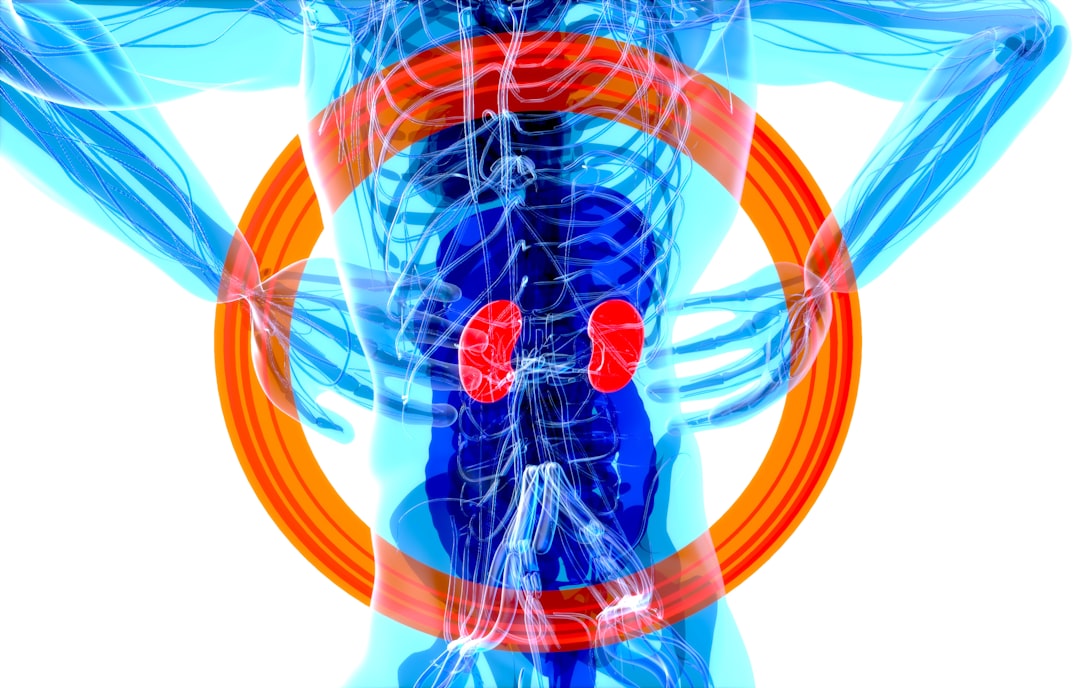What is it about?
Providing preterm babies with the smell and taste of milk when they receive their milk through the feeding tube. This randomized study shows that preterm babies tolerate the intervention well and it indicates that they might tolerate their milk better and grow better while they are admitted to the Neonatal Intensive Care Unit.
Featured Image

Photo by Ross Sokolovski on Unsplash
Why is it important?
Preterm babies have an impaired ability to breathe, suck and swallow in a coordinated fashion and they are therefore fed through a tube. But they often do not tolerate their milk and vomit and in combination with their fast growth and high calorie need suffer from general growth failure. Smell and taste of food is a strong stimulator of food anticipation stimulating digestion and metabolism in adults. Smell and taste may improve milk tolerance, growth and in the end neurodevelopment of those vulnerable babies.
Perspectives
Feeding very preterm infants is a big challenge. The idea of providing smell and taste to aid digestion and metabolism in the neonatal intensive care came from a chef, who pointed out to us, that food is tolerated much better when it is enjoyed and anticipated.
Friederike Beker
Mater Research Institute
Read the Original
This page is a summary of: Smell and Taste to Improve Nutrition in Very Preterm Infants: A Randomized Controlled Pilot Trial, Neonatology, December 2016, Karger Publishers,
DOI: 10.1159/000450883.
You can read the full text:
Contributors
The following have contributed to this page










